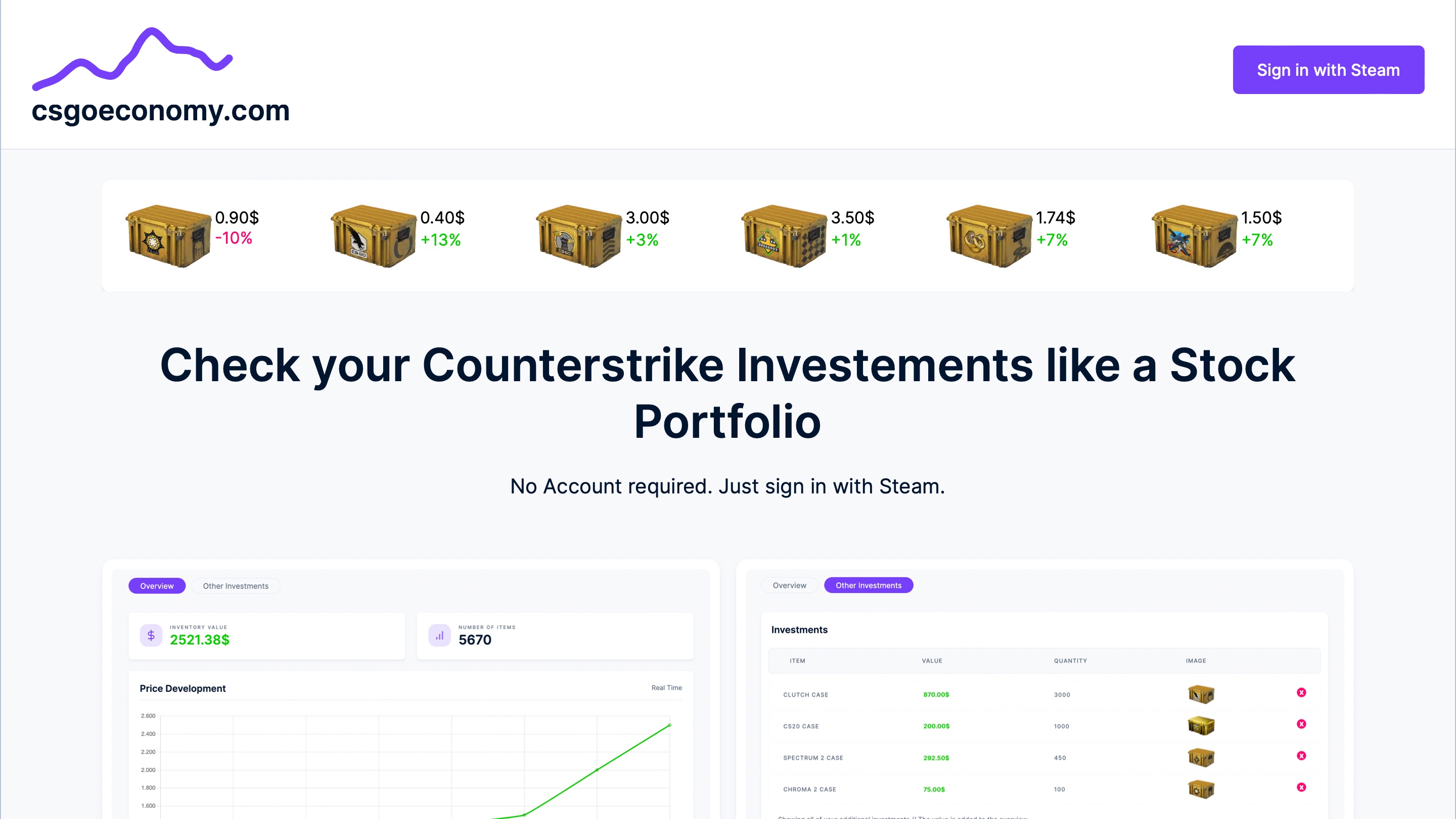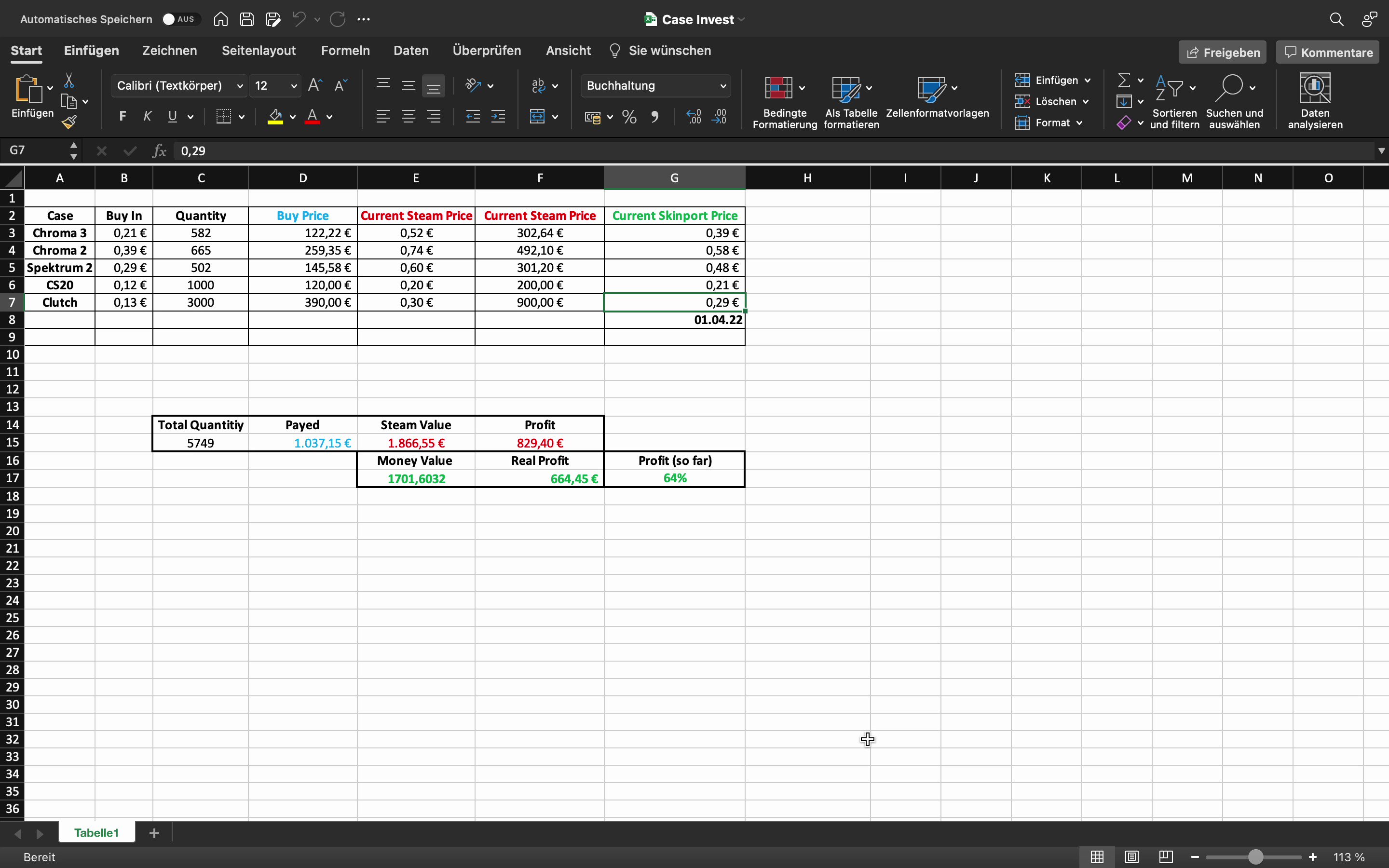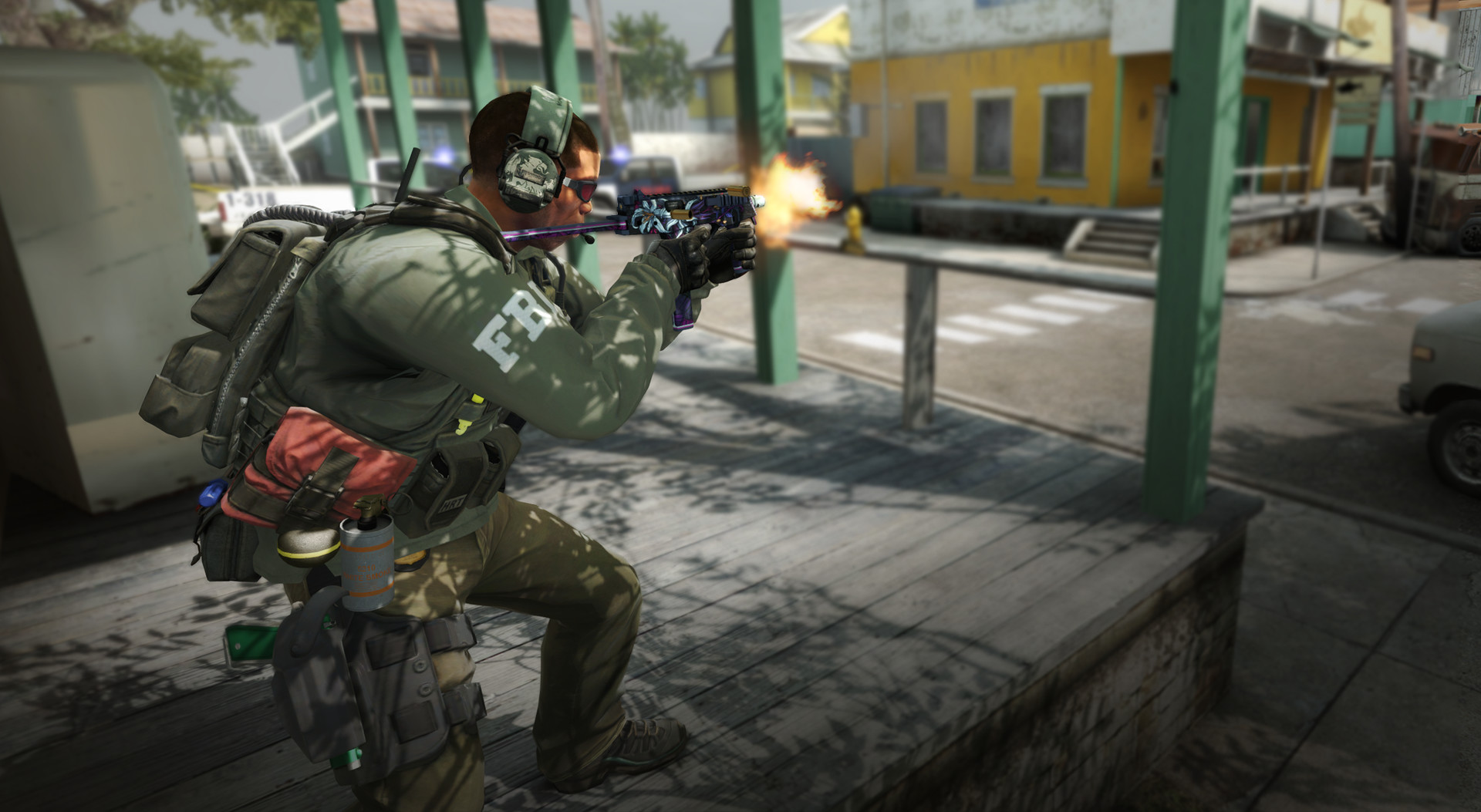Stepping into the world of Counter-Strike: Global Offensive means a lot more than just aiming well or knowing the maps. You see, it's almost like there's a whole hidden game happening alongside the shooting, a kind of money contest that dictates what you can do. This financial side of things, the way you earn and spend cash, is absolutely central to how well your team does, whether you're playing for fun or in a serious match. The folks who play, the community itself, they really help create how this game feels, from the artwork to the clever moves people come up with, and even what players suggest.
Understanding how the cash flows in CSGO can really change your experience, too. It’s not just about getting kills; it’s about making smart decisions with the funds you get. If you want to be someone who consistently helps their team, figuring out the ins and outs of your team's money situation is a must. This particular installment in the series, the fourth main game, gives players so many options for equipment, which means thinking about money is more important than ever.
Since this game is now available to play without a price tag on Steam, a lot of people are getting involved for the very first time. For these new players, and even for those who've been around for a while but never quite got the money side of things, learning about how to manage your funds is pretty important. It’s a core piece of what makes a team strong, honestly, and helps you keep up with others who really know their stuff.
- How Long Is Melly In Jail For
- How Old Is Dr Phil
- Bridgeville Reviews
- John Mayer Controversy
- Shania Twain Son
Table of Contents
- What Makes Up the CSGO Economy?
- How Does Losing Affect Your CSGO Economy?
- When Should You Save Money in CSGO?
- What About Those Weapons in Your CSGO Economy Guide?
- Community Influence on the CSGO Economy Guide
What Makes Up the CSGO Economy?
Every match in Counter-Strike has its own little financial system, you know? It’s what lets you buy equipment, like better guns or protective vests, to give your team an edge. Without enough cash, you might find yourself stuck with just a basic pistol against opponents who have all the good stuff. This makes every decision about spending and saving truly matter. It’s a game where every single round can shift the money situation for everyone involved, so you have to be pretty aware of it.
The Basics of CSGO Economy Guide
The core idea behind the CSGO economy guide is pretty straightforward: you get money for doing certain things, and you lose it when you buy items. Winning a round, for example, gives your whole team a nice chunk of change. Losing a round, however, means less income, but the game has a system that tries to help teams catch up a little. It’s a way to keep matches from becoming too one-sided too quickly, which is rather helpful for competitive balance. Each team starts with a small amount, typically, and then builds it up as the game goes on.
Earning Cash in Your CSGO Economy Guide
So, how do you actually get more money in this game? Well, the biggest way is by winning rounds, as mentioned. But there are other methods, too, which are important for your CSGO economy guide. Getting rid of an opponent gives you some cash, and the amount can change depending on the kind of weapon you used. For instance, using a knife or a shotgun gives you more money per elimination than a rifle does. Planting the bomb as a terrorist, or successfully defusing it as a counter-terrorist, also brings in extra funds for your whole squad. It's almost like a reward system for completing objectives, you know, beyond just winning the round.
- The Andy Griffith Show
- Is Ryan Kelly Still With Celtic Thunder
- How Did Jayne Mansfield Die
- Gil Gerard Net Worth
- Jim Skrip Net Worth
How Does Losing Affect Your CSGO Economy?
It's a fact of the game: sometimes you're going to lose rounds. When that happens, your team doesn't get the big money bonus for winning. Instead, there's a "loss bonus" that starts small and grows with each consecutive round your team doesn't win. This is a very clever way the game tries to balance things out, giving the losing team a chance to eventually afford better gear and maybe turn the match around. It means that even if you're having a rough patch, you're not completely out of it financially, which is good for keeping things exciting.
Managing Your Money in the CSGO Economy Guide
Figuring out what to buy after a loss is a key part of any good CSGO economy guide. If your team has lost a few rounds in a row, you might be able to afford a decent set of weapons and protection. But if it's only one or two losses, you might need to make some tough choices. Do you buy a cheap gun and hope for the best, or do you save up for the next round? This decision-making process is a critical skill that separates casual players from those who truly understand the game's financial flow. It’s pretty strategic, actually, what you decide to do with your cash.
When Should You Save Money in CSGO?
Saving money, often called an "eco round," is a really important strategy in CSGO. It means intentionally buying very little, or nothing at all, so that you can afford a full set of good weapons and armor in a later round. This is usually done when your team's money is low after several losses, and you know you can't afford a proper fight. It's a calculated risk, giving up one round to ensure you have a much better chance in the next. It’s a bit like taking one step back to take two steps forward, you know?
Understanding Eco Rounds for Your CSGO Economy Guide
For an effective CSGO economy guide, everyone on the team needs to be on the same page about eco rounds. If one person buys an expensive rifle while everyone else is saving, it kind of defeats the purpose. Communication is really important here. Teams will often call out "eco" or "save" to let everyone know the plan. This teamwork ensures that when the "buy round" comes, everyone has enough cash for top-tier equipment, which really boosts your chances of winning that particular round. It's a collective effort, more or less, to manage resources.
What About Those Weapons in Your CSGO Economy Guide?
The game offers a huge collection of different weapons, over 45, in fact, each with its own cost and effectiveness. This wide array of choices means that understanding weapon prices is a big part of your overall CSGO economy guide. Some guns are cheap but not very powerful, while others are incredibly strong but cost a lot of money. Knowing which weapon to buy, and when, based on your current cash situation and the opponent's likely gear, is a skill that takes time to develop. It's pretty cool how many options you have, but it also means more to think about.
Picking Gear for Your CSGO Economy Guide
When you have enough money for a full buy, you'll want to get a good rifle, like an AK-47 or an M4A4, along with body armor and a helmet. You should also consider buying grenades, as they can be very useful for getting opponents out of cover or blocking their view. If your money is a little tight, you might have to choose between a strong gun and good armor, or perhaps go for a less expensive rifle. These choices directly impact your ability to play the round effectively, so they are really quite important for your CSGO economy guide.
The Impact of Team Play on Your CSGO Economy Guide
Your team's collective money situation is just as important as your personal funds. A strong CSGO economy guide isn't just about individual wealth; it's about making sure everyone on the team can contribute. Sometimes, a player with extra cash might drop a weapon for a teammate who can't afford one. This kind of generosity and strategic sharing of resources can make a huge difference in a close match. It means that even if you're doing well financially, you're still thinking about the group's overall strength, which is pretty neat.
Community Influence on the CSGO Economy Guide
It's truly interesting how the community itself helps shape the game, including aspects that touch on the economy. From the clever plays that become popular to the custom maps that introduce new ways of thinking about combat, player input really does matter. This constant flow of ideas from the player group means that strategies around money are always changing and adapting. What worked well last year might not be the most efficient approach now, so you have to stay current with what people are doing. The game, after going through its various stages and playoff events, still feels fresh because of this constant player involvement, which is actually kind of amazing.
The game is the fourth official installment, and it features a massive collection of over 45 weapons and pieces of equipment, which directly ties into how players manage their money. Since Global Offensive is now free to play on Steam, more and more people are joining, bringing new ideas and ways of playing. This influx of new players and fresh perspectives means that the way people approach the game's financial aspects is always evolving. The game's new additions, whenever they are shown off, will also likely influence how money is earned and spent, keeping the CSGO economy guide a living, breathing thing that changes over time.
This article has covered the basics of how money works in CSGO, from earning cash through wins and eliminations to the impact of losses and the importance of saving. We looked at how teams manage their funds, when to consider an "eco round," and how the vast array of weapons influences buying decisions. We also touched on the collaborative nature of team finances and how the player community continually helps shape the game's financial strategies. Understanding these elements is key to improving your play and making smart choices in every match.
Related Resources:



Detail Author:
- Name : Fabian Kunde
- Username : erica59
- Email : valentin76@yahoo.com
- Birthdate : 2005-02-19
- Address : 50765 Mabelle Ville Jessycamouth, WV 15452
- Phone : 651.688.2052
- Company : King PLC
- Job : Nuclear Power Reactor Operator
- Bio : Earum cum voluptas recusandae aut. Sequi officiis ut aut quia. Odit incidunt et et mollitia dignissimos enim voluptatibus error.
Socials
facebook:
- url : https://facebook.com/ffahey
- username : ffahey
- bio : Quia autem qui delectus iure consequatur vel.
- followers : 2082
- following : 1667
twitter:
- url : https://twitter.com/faheyf
- username : faheyf
- bio : Excepturi sit voluptates vel. Voluptatem consectetur quod architecto aut ipsam fugit sed. Totam sed nobis unde.
- followers : 2509
- following : 1675